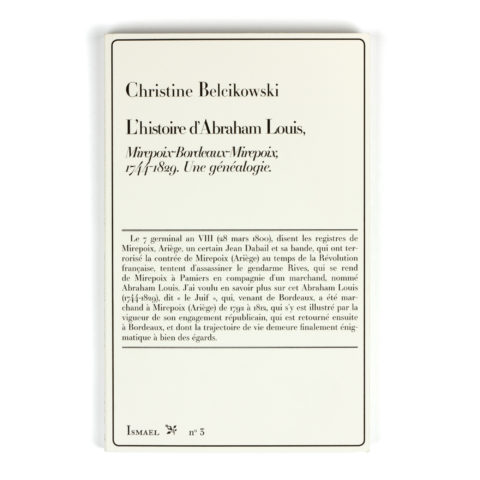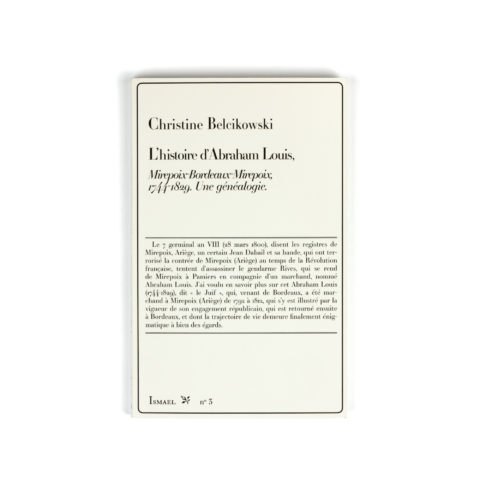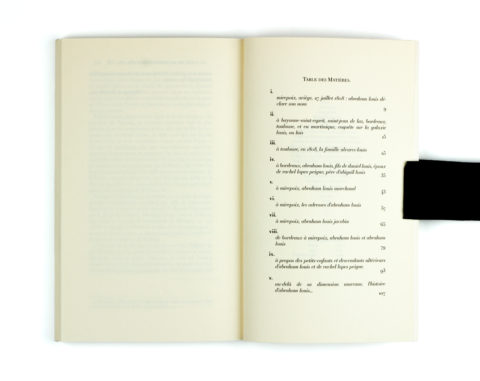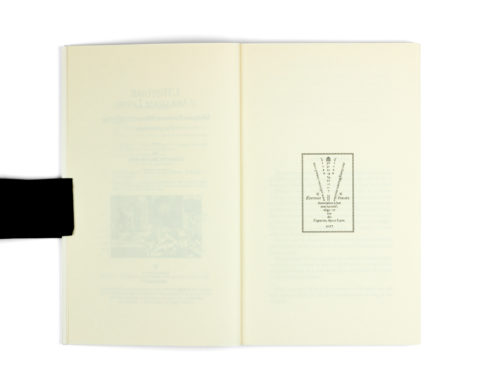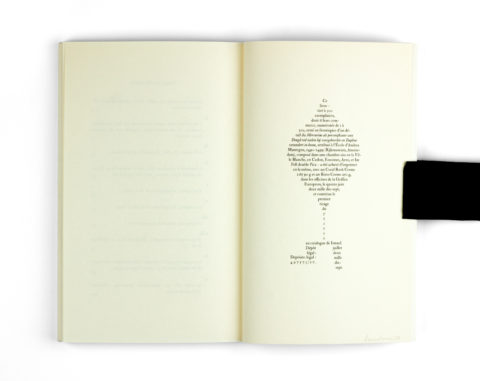On Germinal 7, year VIII (March 28, 1800), the records at Mirepoix (Ariège) mention that one Jean Dabail and his gang, who had terrorized the region of Mirepoix during the French Revolution, attempted to kill the gendarme Rive while on his way to Mirepoix from Pamiers in the company of a trader named Abraham Louis. I was curious to learn more about this Abraham Louis (1744-1829), also called “the Jew”, who, after arriving from Bordeaux (where we would later return), worked as a merchant in Mirepoix between 1792 and 1812 and stood out for his strong commitment to the republican ideals. In many ways, his life remains a mystery
While some men and women earn a place in history for their deeds, others barely leave a mark upon earth bar the three civil and religious records that mark everyone’s existence: their birth, marriage and death. Only a genealogical study can locate these people in a broader horizon of history, which can give a sense of meaning to their anonymity and lives.
Jewish exegesis makes an essential distinction between ίστορία (historia), or factual history, as understood since Greco-Roman antiquity, and תולָדות (toledot), or generational history, as found in biblical genealogies. It is this latter that I wish to tell, through the continuum of its obscure generations, and it is in this context that I had already attempted to shed light upon the figure of Abraham Louis, an individual who, on the basis of his Marranic identity, claimed to be one of the “just, honest and well intentioned” (to use Spinoza’s words), thus taking us back to the question, more current than ever today, of universals.
There is an aesthetic of genealogies which has its origins in the Bible and the Greco-Roman tradition. In addition to drawing us back towards the poetic splendors of the ancient Orient, it connects us to the world of generations, miserable or distinguished, pitied or honoured, that follow successively through the expanses of time. Genealogies entail a kind of pact with regard to their reading, which reveals to the reader (even when leaving out dates and names) how to understand the history of a specific character. Marranic genealogies show that such a history proceeds not only from a long series of human mediations which tend to crystallize into fate, but also from a contingency, which eventually allows the individual to find new hope and to nurture, in its glow, the possibility of freedom.
